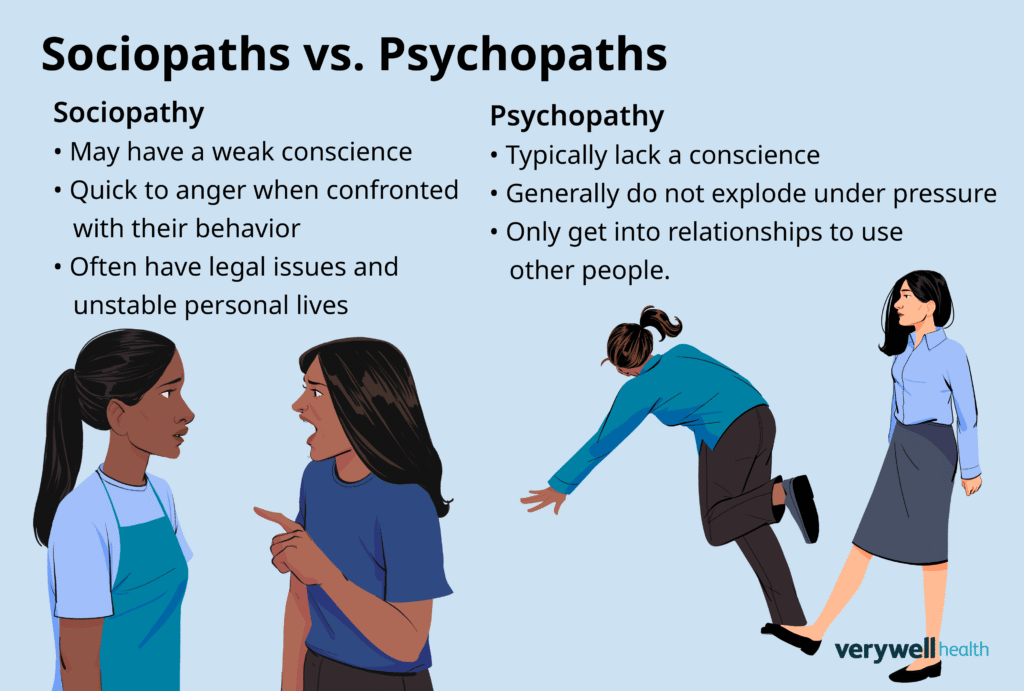1. What is a Psychopath Spectrum Test?
A psychopath spectrum test is a self-assessment tool designed to measure traits commonly associated with psychopathy, such as lack of empathy, manipulativeness, and impulsivity. Unlike clinical diagnoses, these tests help individuals understand where they might fall on a continuum of psychopathic characteristics, ranging from mild personality traits to more pronounced behaviors. They are widely used for educational and personal insight rather than formal evaluation.
2. Understanding Psychopathy: Traits and Spectrum
Psychopathy is a complex personality construct characterized by a combination of emotional, interpersonal, and behavioral traits. Key features often include superficial charm, lack of remorse or empathy, manipulativeness, and impulsive behavior. However, psychopathy isn’t an all-or-nothing diagnosis — it exists on a spectrum, meaning people may exhibit these traits to varying degrees without necessarily being clinically diagnosed as psychopaths.
This spectrum concept helps explain why some individuals may show mild psychopathic tendencies, like emotional detachment or risk-taking, while others might display more severe traits that significantly impact their lives and those around them. Understanding this range is crucial because it encourages a nuanced view of psychopathy beyond stereotypes, allowing for better self-awareness and more informed discussions about personality and behavior.

3. How Psychopath Spectrum Tests Work: Methodologies and Tools
Psychopath spectrum tests typically use a series of carefully designed statements or questions that assess various psychopathic traits, such as impulsivity, lack of empathy, and manipulativeness. Respondents rate their agreement or disagreement on a scale, allowing the test to measure the intensity of these traits across a spectrum rather than as a simple yes/no diagnosis. Popular tools include the Levenson Self-Report Psychopathy Scale and similar assessments available online.
These tests are based on psychological research and aim to provide a reliable yet accessible way for people to explore their personality traits related to psychopathy. While they do not diagnose psychopathy clinically, they offer valuable insight by highlighting tendencies that might influence behavior, decision-making, and interpersonal relationships. Many online platforms provide these tests, often accompanied by explanations to help interpret the results.
4. Why Take a Psychopath Spectrum Test? Benefits and Limitations

Taking a psychopath spectrum test can offer valuable self-awareness by highlighting personality traits you might not have fully recognized, helping you understand how these traits affect your interactions and choices. However, it’s important to remember that these tests have limitations—they are not clinical diagnoses and should be viewed as tools for insight rather than definitive labels.
5. Interpreting Your Results: What They Really Mean
Interpreting the results of a psychopath spectrum test requires careful consideration; a higher score doesn’t mean you are a psychopath but rather that you may have certain traits linked to psychopathy. These results should be used as a starting point for self-reflection or professional discussion, not as a judgment or diagnosis.
Conclusion
The psychopath spectrum test is a useful tool for gaining insight into personality traits related to psychopathy, helping individuals better understand their own behaviors and tendencies. While these tests provide valuable information, they are not a substitute for professional diagnosis. Approaching your results with an open mind and using them as a guide for self-awareness can lead to meaningful personal growth.
FAQs
1. Is a psychopath spectrum test a diagnosis?
No, it’s a self-assessment tool meant for personal insight and not a clinical diagnosis of psychopathy.
2. Can I trust online psychopath spectrum tests?
Many tests are based on valid psychological research, but results should be interpreted carefully and not taken as definitive.
3. What should I do if my test shows high psychopathic traits?
Consider using the results for self-reflection and, if concerned, consult a licensed mental health professional for a thorough evaluation.
4. Are psychopathic traits always negative?
Not necessarily—some traits like fearlessness or confidence can be beneficial in certain contexts, but extreme levels may cause problems.

Leave a Reply